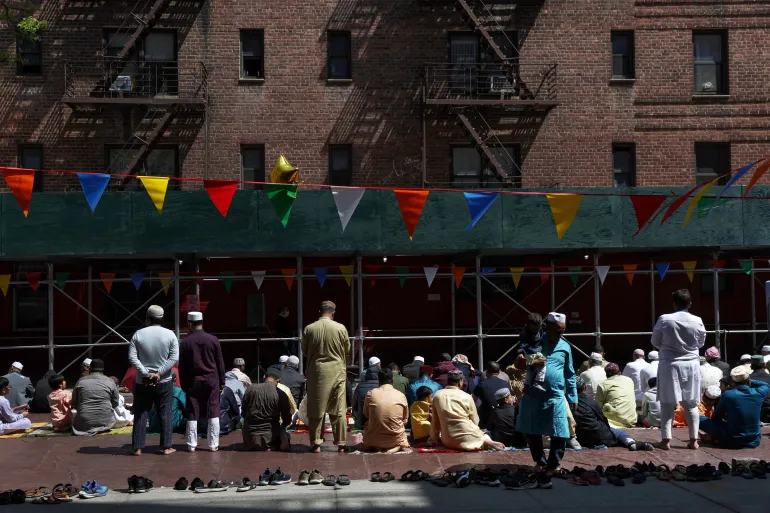Ramadan, the holiest month in the Islamic calendar, is not just a time for fasting from dawn until sunset; it’s a profound period of reflection, spiritual growth, and communal unity. Across the globe, millions of Muslims embark on this sacred journey every year, finding in it the strength of faith and the bond of community. Let’s delve into the essence of Ramadan and explore how it harnesses the incredible power of faith and unity, transforming individual lives and communities. power of faith
The Spiritual Significance of Ramadan
Initially, Ramadan commemorates the month in which the Quran was revealed to Prophet Muhammad, marking it as a time for deep spiritual reflection and renewal. During this month, Muslims intensify their worship, seeking to draw closer to Allah through prayers, reading the Quran, and performing acts of charity. This spiritual discipline underscores the power of faith in guiding one’s actions and thoughts towards a higher purpose and moral excellence.
Fasting: A Test of Will and Faith
Furthermore, fasting from dawn to dusk serves as a cornerstone of Ramadan, acting as a physical and spiritual test of will and faith. It teaches self-restraint, discipline, and empathy for the less fortunate, reminding Muslims of the blessings they often take for granted. The act of fasting, shared by millions, also fosters a sense of global Muslim unity, bridging cultural and geographical divides.
The Joy of Iftar and Suhoor
Moreover, the rituals of Suhoor (the pre-dawn meal) and Iftar (the meal to break the fast) are moments of joy and communal bonding. Families and friends gather to share meals, reinforcing social ties and the spirit of generosity by extending invitations to neighbors and the needy. These gatherings are a testament to the power of unity in Islam, promoting peace, harmony, and a sense of belonging among the community members.
Acts of Charity and Compassion
Additionally, Ramadan is marked by increased acts of charity and compassion, with Muslims encouraged to give Zakat (obligatory charity) and Sadaqah (voluntary charity). This emphasis on helping others reflects the profound impact of faith in action, as it mobilizes the community to address social inequalities and support those in need. The collective effort to make a positive difference in the lives of others further strengthens the bonds of unity and shared humanity.
Reflection and Renewal
Importantly, Ramadan offers a time for personal reflection and renewal, encouraging Muslims to evaluate their lives, make amends, and set new goals for personal and spiritual growth. This introspective aspect of Ramadan highlights the transformative power of faith, guiding individuals towards self-improvement and a deeper understanding of their purpose in life.
Inspired by Al-Jazeera News and Rear More Articles Here, Read Previous Blog Also.
